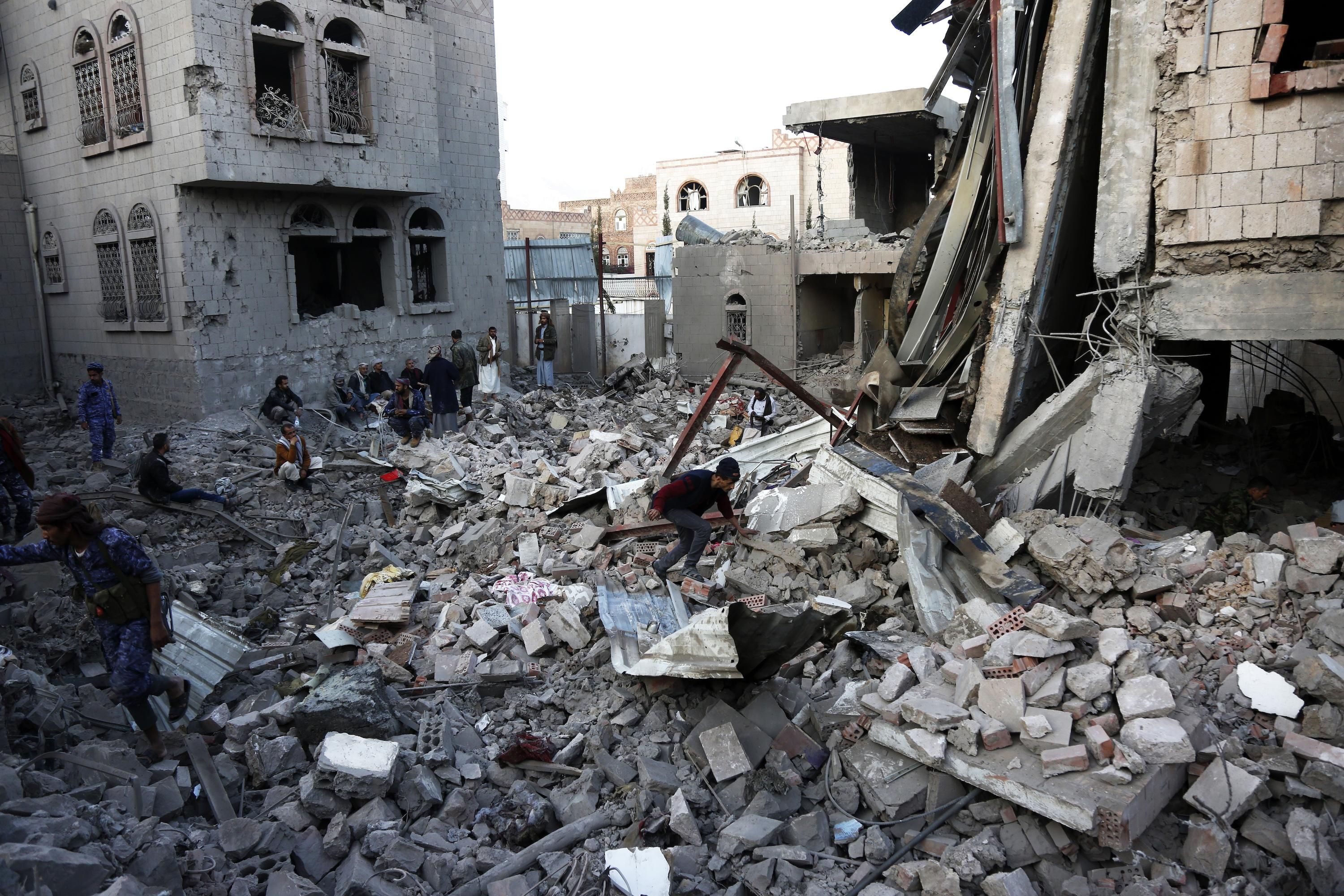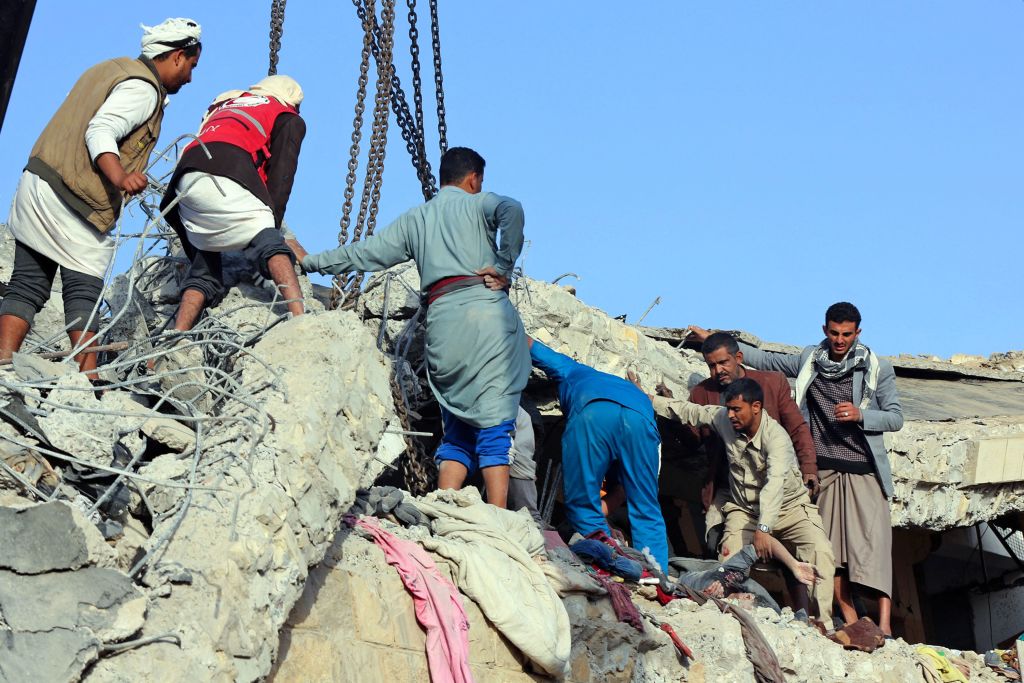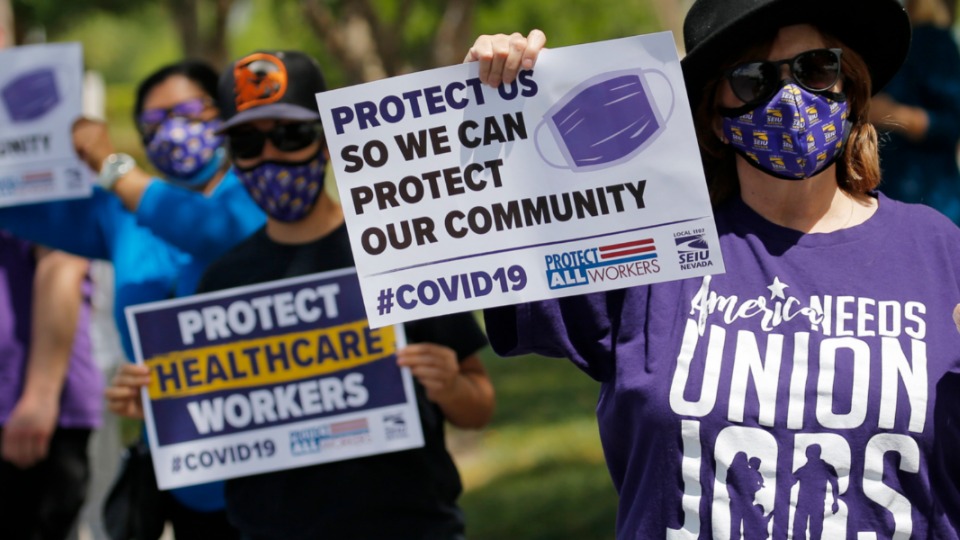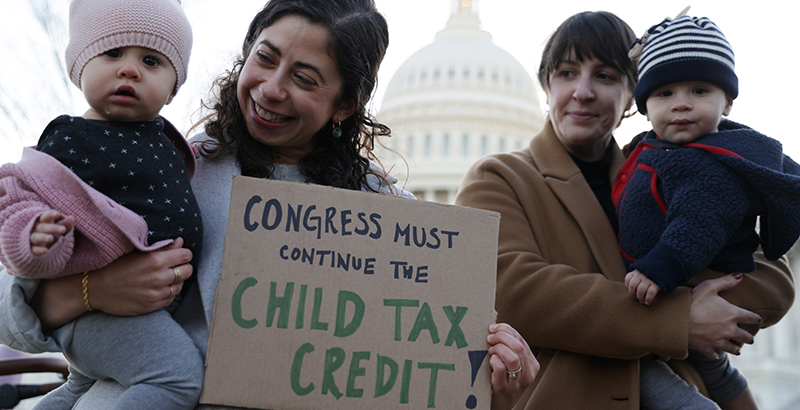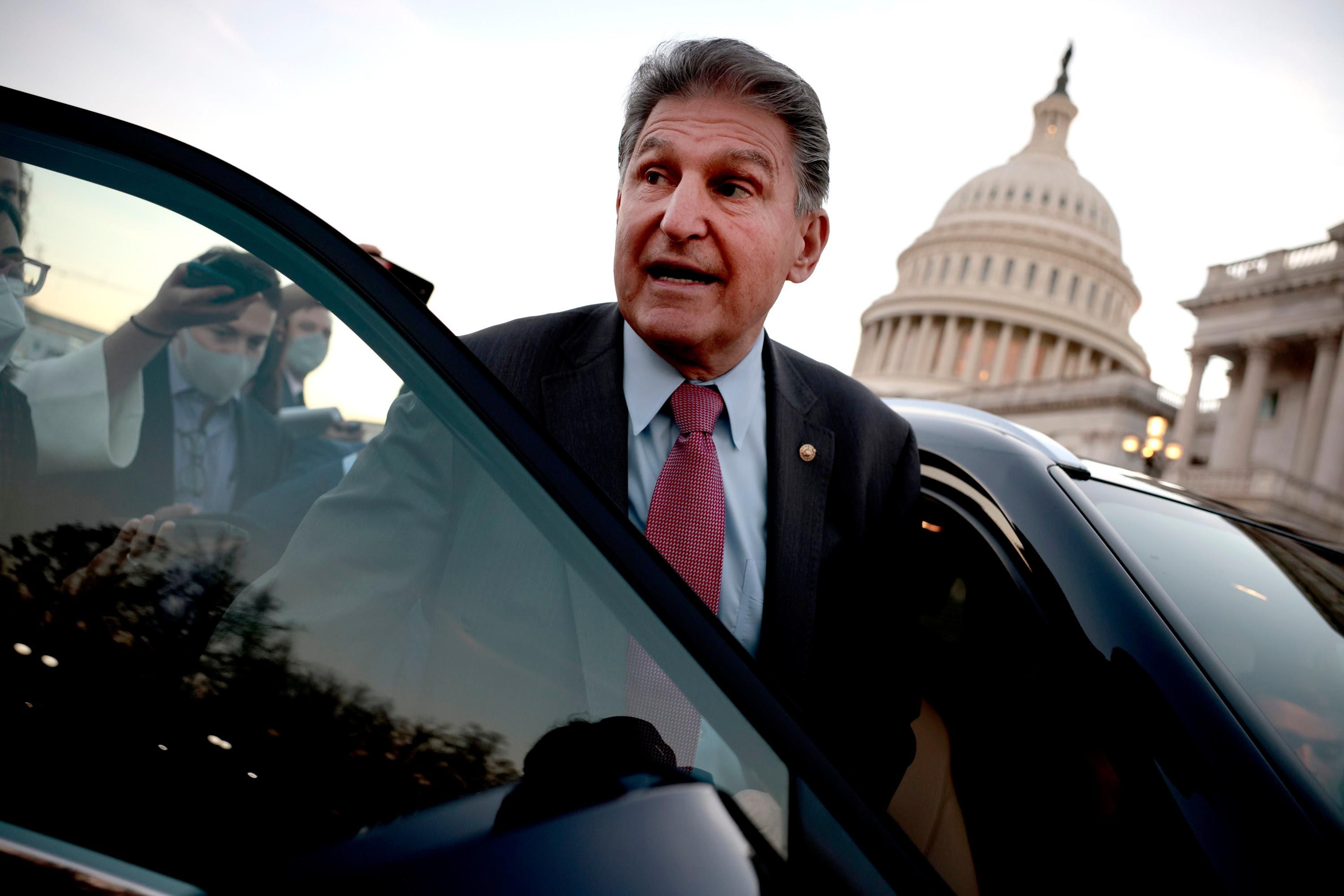January 26, 2022
The Emeritus Chair in Strategy at CSIS is issuing a summary overview on the impact of the U.S. and Afghan central government defeat by the Taliban, on the image of the U.S. in the world, on Afghanistan’s potential global and regional impacts, and on Afghanistan’s probable impact on regional and global extremism and terrorism. It also addresses the Taliban’s probable impact on Afghanistan and some of the key lessons the U.S. and its strategic partners should learn from the war.
This briefing is entitled Afghanistan and the World: The National, Regional, and Global Impact, and is available for download at https://csis-website-prod.s3.amazonaws.com/s3fs-public/publication/220126_Cordesman_Afghanistan_Impact.pdf?jo96RwbKooSqpnpivwh9wqv8kSzSHda2.
The briefing estimates that China and Russia – along with other regional powers – will attempt to exploit the situation and that the primary threats of the regional powers around and near Afghanistan will be their own internal instability, divisions, and weak governance.
It highlights failures in the U.S. approach to strategic partnership with Afghanistan and the failures of the U.S. to understand that it faced a major and growing insurgency rather than a terrorist and extremist threat, along with the U.S. failure to address the corruption, incompetence, and weakness of the Afghan central government.
It also argues that the U.S. defeat is likely to have only a limited strategic impact on the reputation of the U.S. in most of the world and that global attention had already discounted the U.S. defeat after the U.S. had announced its withdrawal and the peace negotiations with the Taliban. It also argues that the primary causes of that defeat were the failures of the Afghan government and political culture and that the governments of fragile states are not limited to only the threat posed by terrorism and extremism – with civil war and major insurgencies – caused largely by the failures of national governments – driving instability and unrest.
An e-book length analysis entitled Learning the Right Lessons from the Afghan War – that addresses the data and sources used in this summary briefing in depth – is available on the CSIS website at https://csis-website-prod.s3.amazonaws.com/s3fs-public/publication/210907_Cordesman_Right_Lessons.pdf?TOANXtTYP7mVmaTy5bapzai637ylirPt.
Comments should be addressed to Anthony H. Cordesman (acordesman@gmail.com)
Anthony H. Cordesman holds the Emeritus Chair in Strategy at the Center for Strategic and International Studies in Washington, D.C. He has served as a consultant on Afghanistan to the United States Department of Defense and the United States Department of State.
Commentary is produced by the Center for Strategic and International Studies (CSIS), a private, tax-exempt institution focusing on international public policy issues. Its research is nonpartisan and nonproprietary. CSIS does not take specific policy positions. Accordingly, all views, positions, and conclusions expressed in this publication should be understood to be solely those of the author(s).
© 2022 by the Center for Strategic and International Studies. All rights reserved.
Photo: HECTOR RETAMAL/AFP/Getty Images


